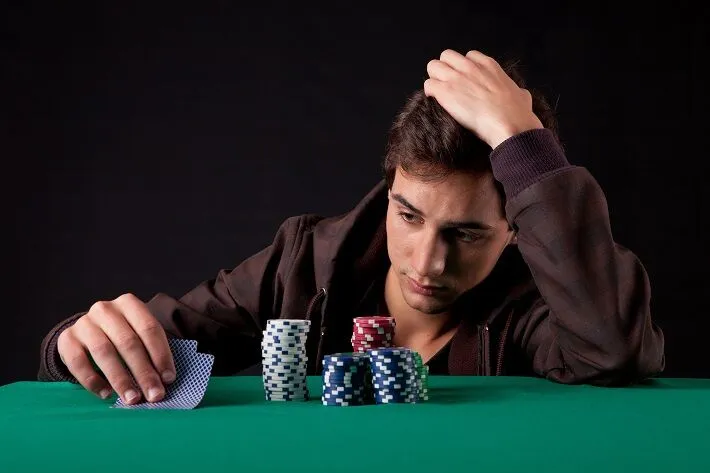
Treatment Options
Exploring Treatment Options for Gambling Addiction: Pathways to Recovery
Gambling addiction, characterized by an inability to control the urge to gamble despite adverse consequences, can have serious effects on various aspects of life, including finances, relationships, and mental health. Fortunately, a range of treatment options is available to help individuals overcome gambling addiction and regain control. This article provides an overview of various treatment options, including therapeutic approaches, support services, and self-help strategies.
1. Cognitive Behavioral Therapy (CBT)
Overview: Cognitive Behavioral Therapy (CBT) is one of the most effective treatments for gambling addiction. CBT focuses on identifying and changing negative thought patterns and behaviors associated with gambling. It helps individuals understand the cognitive distortions that lead to gambling and develop healthier coping mechanisms. Benefits: Addresses Underlying Thoughts: Helps individuals challenge and modify irrational beliefs and thought patterns related to gambling. Develops Coping Strategies: Teaches practical skills to manage cravings and avoid relapse. How It Works: CBT typically involves one-on-one sessions with a licensed therapist, who guides individuals through exercises and discussions to change gambling-related behaviors and thoughts.
2. Motivational Interviewing (MI)
Overview: Motivational Interviewing (MI) is a client-centered approach designed to enhance motivation and resolve ambivalence towards change. It helps individuals recognize the need for change and build confidence in their ability to overcome gambling addiction. Benefits: Enhances Motivation: Assists individuals in identifying their own reasons for change and fostering a commitment to recovery. Supports Self-Efficacy: Encourages individuals to believe in their ability to make positive changes. How It Works: MI involves a collaborative conversation between the therapist and the individual, focusing on exploring and resolving ambivalence about quitting gambling.
3. Group Therapy
Overview: Group therapy provides a supportive environment where individuals can share their experiences and learn from others facing similar challenges. It often includes structured sessions facilitated by a trained therapist. Benefits: Peer Support: Offers a sense of community and understanding through shared experiences. Skill Building: Provides opportunities to learn new coping skills and strategies from both the therapist and fellow group members. How It Works: Group therapy sessions typically involve discussions, exercises, and support activities, helping individuals develop a network of support and learn from others' experiences.
4. Family Therapy
Overview: Family therapy addresses the impact of gambling addiction on relationships and family dynamics. It helps families improve communication, understand the effects of gambling, and develop strategies for supporting their loved one in recovery. Benefits: Strengthens Relationships: Improves communication and understanding between the individual and their family members. Fosters Support: Equips families with tools to support their loved one’s recovery and address related issues. How It Works: Family therapy sessions involve the individual and their family members working with a therapist to address relationship dynamics and develop supportive strategies.
5. Self-Help and Support Groups
Overview: Self-help and support groups provide a platform for individuals to connect with others who are also dealing with gambling addiction. These groups often follow structured programs and offer peer support. Benefits: Community Support: Provides emotional support and encouragement from others who understand the challenges of gambling addiction. Shared Experiences: Offers a space to share experiences, strategies, and advice for managing addiction. How It Works: Popular groups like Gamblers Anonymous (GA) follow a 12-step program and hold regular meetings where members can discuss their progress and challenges.
Conclusion
A range of treatment options is available for managing and overcoming gambling addiction, each offering unique benefits and approaches. From cognitive behavioral therapy and motivational interviewing to support groups and rehabilitation programs, individuals can choose a path that aligns with their needs and preferences. Combining these treatments with self-help strategies and support from loved ones can create a comprehensive approach to recovery, leading to a healthier and more balanced life. If you or someone you know is struggling with gambling addiction, exploring these treatment options can be a crucial step toward finding effective support and achieving long-term recovery.

